Psyllium husk is a natural and plant-based dietary fibre. It ensures a varied and balanced diet and boosts fiber intake. It supports regular bowel movements and enhances gut health. It also improves blood sugar management and helps with weight loss. This laxative supplement relieves the symptoms of constipation and lowers cholesterol levels.
Its source is the seeds of the Plantago ovata plant, a plant native to India. It has high mucilage content that absorbs water, forming a gel-like substance in the gut. This gel bulks up the stool and supports the flow of digesta in the digestive canal.
Features & Uses of Psyllium Husk Capsules & Powders
-
Naturally sourced: It is obtained from psyllium husk (Plantago ovata). It is a source of plant-based and high-quality soluble fiber that improves digestive health.
-
Enhancement of bowel regularity: It bulks up and softens the stools for regular and smooth bowel movements. It also relieves constipation and treats bowel obstruction.
-
Weight loss support: It gradually expands in the stomach to better control appetite. It thus improves metabolic functions and heart health.
-
Convenient formats: Welzo has psyllium husk in the form of capsules and powders. They suit people with various preferences and lifestyles.
-
Easy pairing with other digestive products: They pair conveniently with our other digestive products, such as digestive enzymes and probiotics.
It is thus a popular supplement for those looking to improve gut function, cardiovascular health, and overall digestive wellbeing.
Why has Welzo chosen Psyllium Husk as a Food supplement?
Welzo has selected Psyllium husk supplements due to their proven efficacy to support digestive health and bowel regularity. They are natural & plant-based products that suit easily with any healthy lifestyle. Besides, they also support heart health and can replace weight loss drugs.
People with poor health and those suspecting adverse reactions must use it under medical supervision. We also have similar products in our blog titled, The Absolute Best Fiber Supplements According to a Doctor.
How to use Psyllium Husk Powder
Psyllium husk supplements are straightforward to use. Mix them in a glass of juice or water and use immediately after a short soaking interval. Always use the quantity as mentioned on the label and use a lot of fresh fluids. Take it between or before meals unless advised otherwise by a healthcare professional. Stop using it if adverse reactions occur and consult with an allergist or gastroenterologist.
Best Products in the Psyllium Husk Collection
Welzo has a selection of quality psyllium husk products that suit people with different preferences and lifestyle needs. Our top formulations include:
-
Psyllium Husk Powder, such as Now Foods Psyllium husk powder, HealthAid Psyllium husk powder.
-
Psyllium Husk Capsules, such as HealthAid Psyllium husk vegicaps, Now Foods Psyllium husk capsules
-
Blended fibre supplements such as Swanson Psyllium husks
These products must be used as part of a daily gut health routine. They are often paired with other supplement collections by Welzo, such as Detox and Cleansing Supplements, to ensure more digestive support.
Why Shop the Psyllium Husk Collection at Welzo?
Welzo is committed to providing highly effective and scientifically backed health supplements to its clients. Our Psyllium Husk collection is just one of these collections that meet our high standards of digestive efficacy, quality, and purity.
We have products by trusted brands such as Now Foods, HealthAid, Swanson, Metabolic Maintenance, and Frontier Natural Products with proven health benefits. These brands are founded by nutritionists, healthcare providers, and natural health practitioners. They have a passion for health and nutrition.
So, whether you're looking to relieve constipation, maintain healthy digestion, or support heart and metabolic health, we have effective, safe, and natural solutions for your needs.
Quality and certifications
-
All ingredients and end-products in this collection are scientifically tested by our medical/ nutritional board and 'expert verified'.
-
We require our suppliers to meet HACCP, ISO, and GMO guidelines.
-
The finished products are tested in the third-party UKAS-accredited labs.
-
Many of these products are organic certified, NSF certified for sports, Informed Choice certified, and approved by the Vegan Society.
FAQs
What are the health benefits of psyllium husk supplements?
Psyllium husk is highly beneficial for people with metabolic syndrome and diabetes. It lowers cholesterol levels and enhances glycemic control. It also facilitates weight loss in obese and overweight people.
Is it safe to use dietary fibre supplements during pregnancy?
Psyllium husk is considered safe during pregnancy. Still, we advise consulting a doctor before doing so.
Who must avoid using psyllium husk?
People with a history of nausea, stomach pain, swallowing difficulties, and allergic reactions to psyllium husk must avoid it unless advised otherwise by the doctor.
What natural foods enhance fiber intake?
Natural foods such as legumes, chia seeds, flaxseeds, nuts, veggies, fruits, and whole grains are naturally rich in fiber. So, people taking psyllium can use these foods to treat their gastrointestinal obstruction.


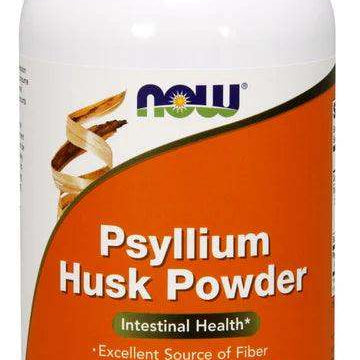
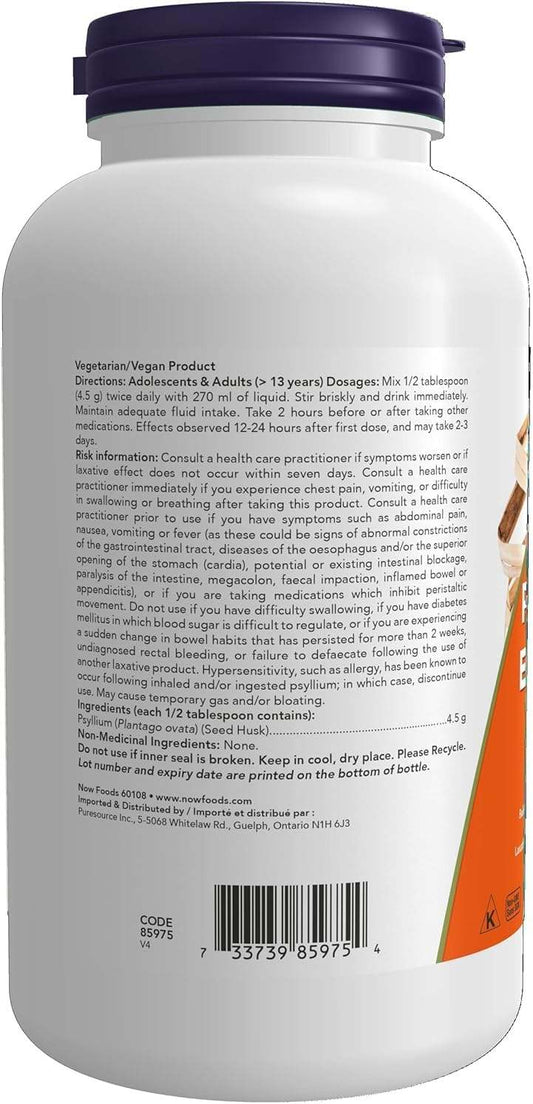
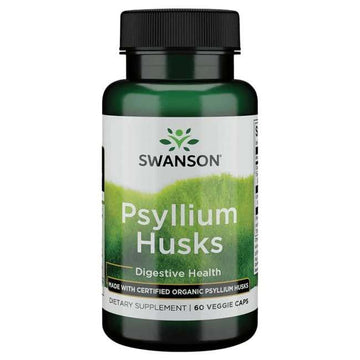
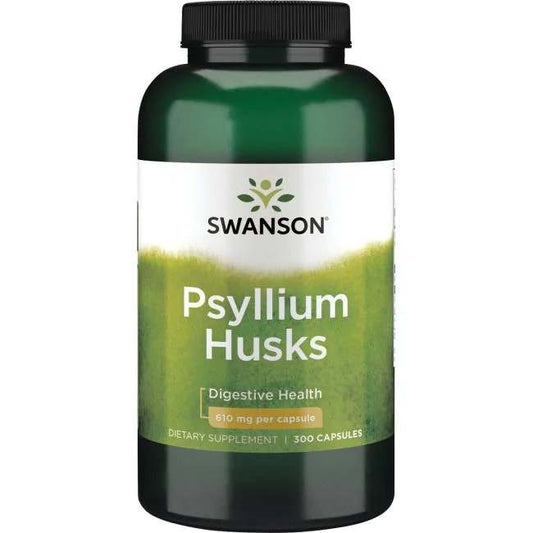

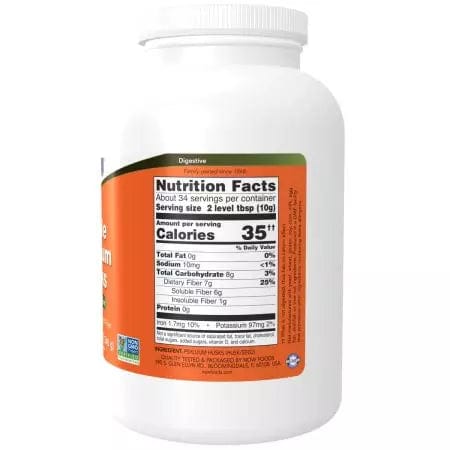

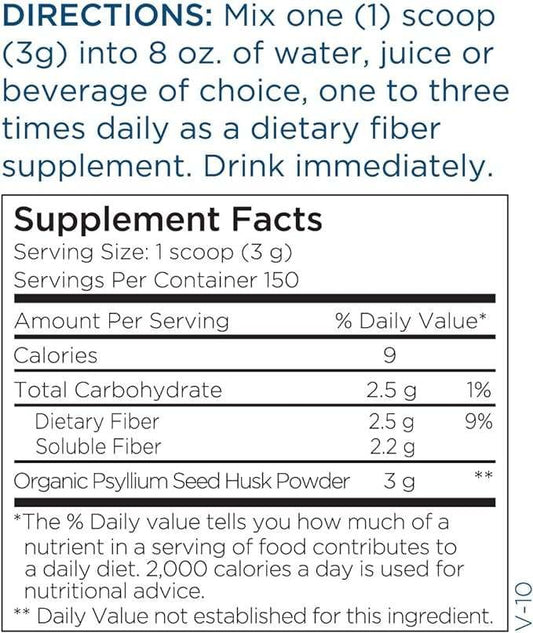


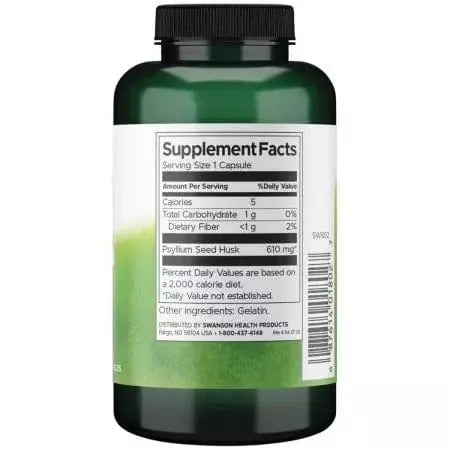
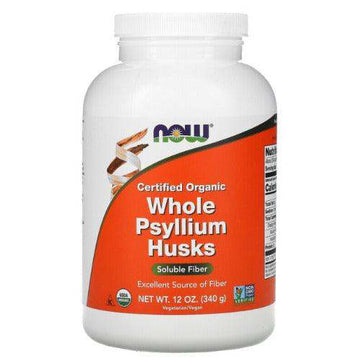
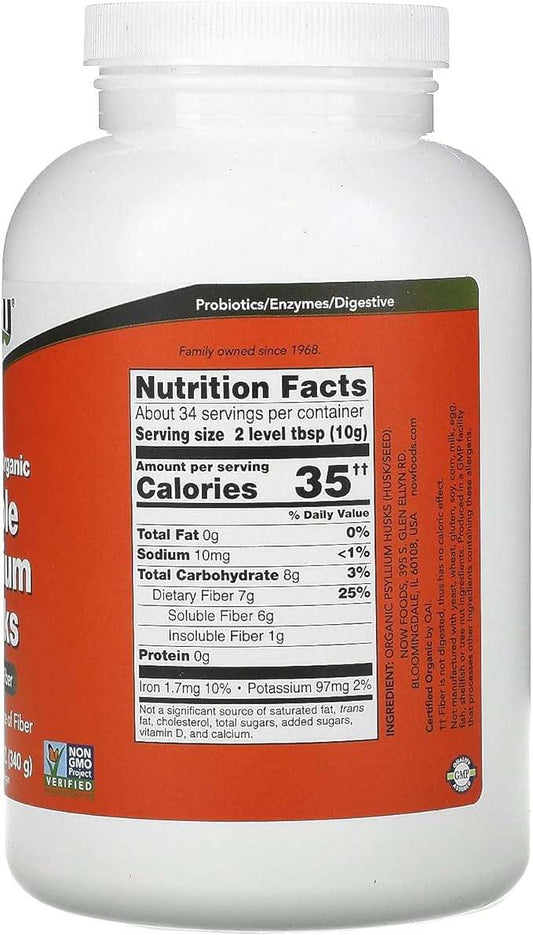


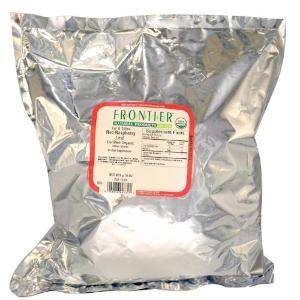
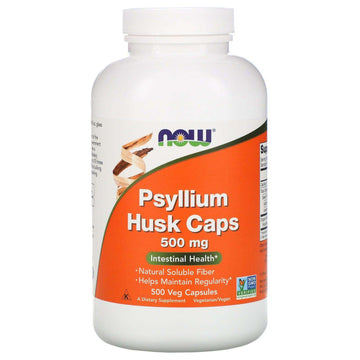
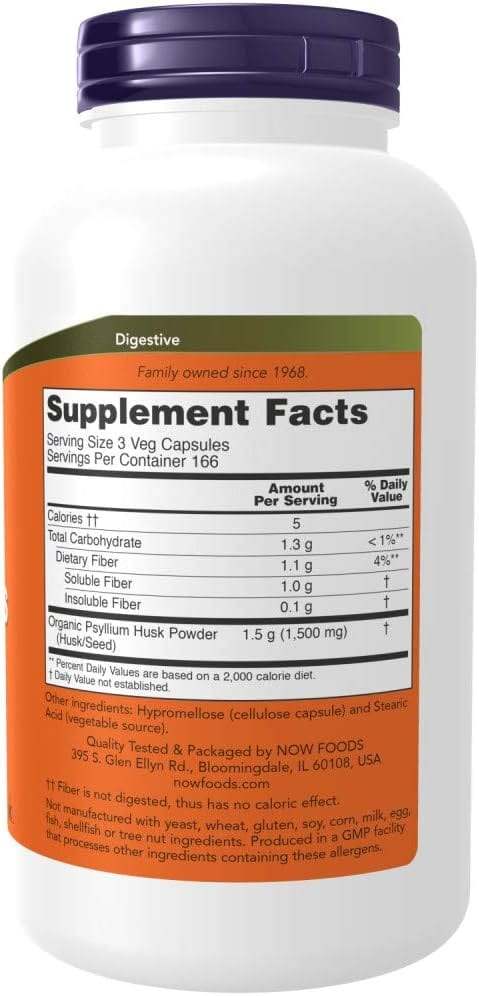


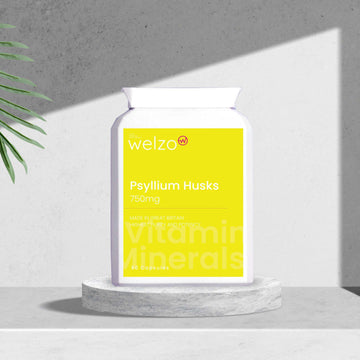
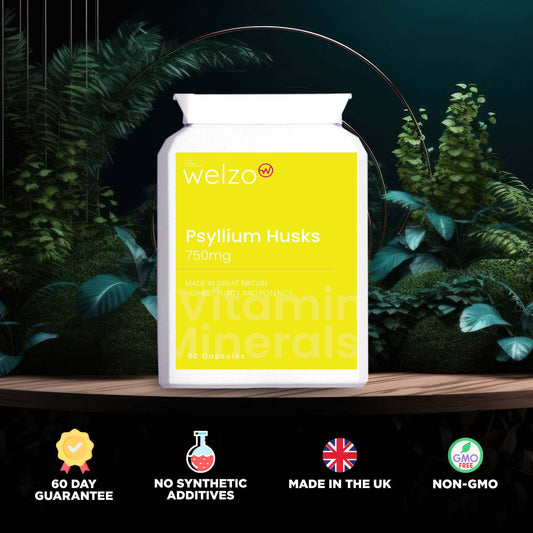
 Rated Excellent by 26,523+ Reviews
Rated Excellent by 26,523+ Reviews